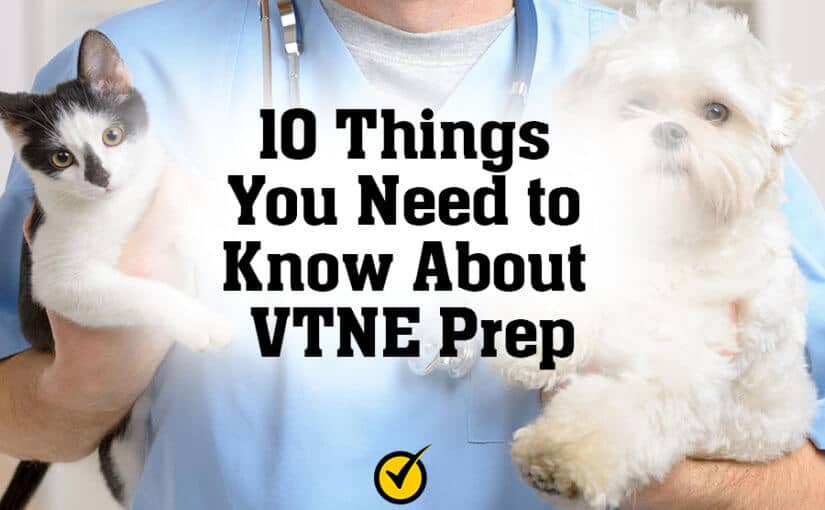
Veterinary Technology General Information The Veterinary Technology program is accredited by the American Veterinary Medical Association (AVMA) Committee on Veterinary Technician Education and Activities. Clinical labs give students the opportunity to care for patients from a local animal shelter. Trident Technical College’s Veterinary Technology accredited associate degree program is housed at the Berkeley Campus in a modern facility, which includes digital X-ray systems, a surgical laser, ultrasound machine and in-house blood machines.

What does Trident Technical College offer? More and more veterinary practices in the area are recruiting as they recognize the positive impact that formally trained technicians can have on their practices. The job market for veterinary technicians is very strong. While the majority of veterinary technicians are employed in private practice, the demand for technicians is rapidly expanding to include new employment opportunities in both human and animal health-related fields such as biomedical research, colleges and universities, diagnostic laboratories, drug and feed manufacturing companies, food safety inspection, humane societies and animal control facilities, military service, veterinary supply sales, and zoos and wildlife facilities. If you care about animals, enjoy working with your hands, are good at basic math and decision-making, and like working with people and handling a variety of responsibilities, then the challenging career of veterinary technology may be just right for you. What characteristics and skills do I need to work in this field?

They commonly assist veterinarians in surgery and maintain treatment records and inventory of all pharmaceuticals, equipment and supplies. Veterinary technicians also administer medications, anesthesia and blood products to the animals as prescribed by the veterinarian, as well as dress wounds, take vital signs, clean teeth and take radiographs.
#VTNE COST SKIN#
They draw blood, collect urine, and perform skin scrapings and routine lab procedures and tests. Common tasks performed by veterinary technicians include taking medical history, providing treatment for routine problems and counseling clients.
#VTNE COST PROFESSIONAL#

The Veterinary Technician program requires students take the HESI Assessment exam. In order to progress in the Veterinary Technology program, a student must achieve at least a "C-" grade in all courses. The veterinary technician must be knowledgeable in the care and handling of animals, their normal and abnormal life processes, medical and surgical nursing, anesthesiology, diagnostic imaging, and clinical laboratory procedures.Įmployment in this field typically requires successful completion of the VTNE (Veterinary Technician National Exam) licensing exam. These duties shall not include diagnosing, prescribing, or performing surgery except where explicitly permitted by regulation. These duties shall be accomplished in compliance with federal, state, and local laws. The duties of veterinary technicians shall be performed under the direction, supervision, and responsibility of veterinarians. The veterinary technician’s role is to provide professional health care in conjunction with the veterinarian.


 0 kommentar(er)
0 kommentar(er)
